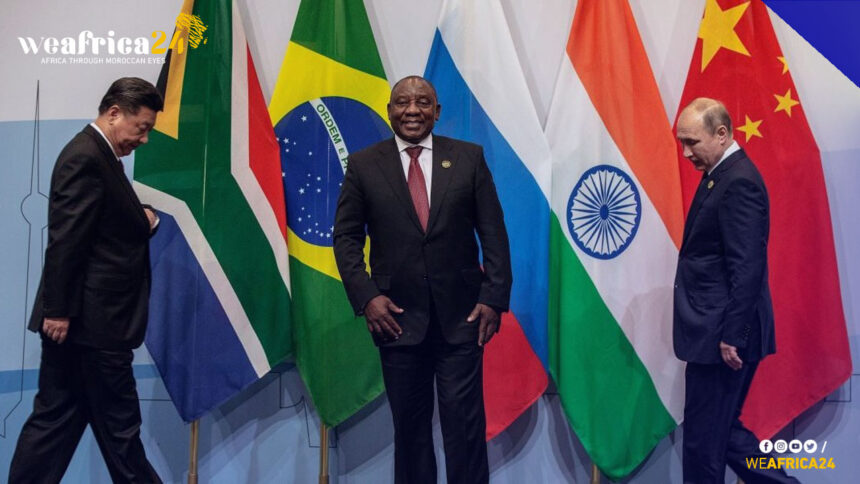The relations between African countries, China and Russia have evolved over the years, with each country pursuing its interests in the continent. China and Russia’s engagement with Africa have increased significantly in recent years, with both countries investing heavily in the region. What is the current state of relations between African countries and China and Russia?
China-Africa Relations
China’s relationship with Africa dates back to the 1950s when it provided support to African liberation movements. Since then, China has become a significant player on the continent, both in terms of investment and political influence. In 2000, China and Africa established the Forum on China-Africa Cooperation (FOCAC), which provides a framework for cooperation between the two regions.
China’s engagement with Africa has been primarily driven by its economic interests. The country has invested heavily in infrastructure projects such as roads, railways, and ports, in exchange for access to African resources such as oil and minerals. According to a report by McKinsey, China’s investment in Africa has increased from $1.2 billion in 2000 to $220 billion in 2014.
In addition to economic engagement, China has also increased its political influence in Africa. China has supported African countries in international forums such as the United Nations, and in some cases, provided military support to African countries. China’s engagement with Africa has, however, been criticized by some who argue that it has resulted in a new form of colonialism, with China exploiting African resources without regard for the environment or the welfare of local communities.
Russia-Africa Relations
Russia’s relationship with Africa dates back to the Cold War era when it supported African countries in their struggles for independence. Since then, Russia’s engagement with Africa has been sporadic, with the country focusing primarily on arms sales and military support.
However, in recent years, Russia has increased its engagement with Africa, primarily driven by its economic interests. Russia has sought to diversify its economy away from oil and gas, and Africa presents a significant opportunity for Russian companies to invest in sectors such as agriculture, mining, and infrastructure.
In 2019, Russia held its first-ever Russia-Africa Summit in Sochi, which was attended by leaders from 43 African countries. The summit was aimed at deepening economic and political ties between Russia and Africa. During the summit, Russia announced a $5 billion investment package for African countries, which included investment in infrastructure, agriculture, and healthcare.
Russia’s engagement with Africa has, however, been limited by its lack of resources and the competition it faces from other countries such as China and the United States.
Triangular Relations
China’s engagement with Africa has been primarily driven by its economic interests, while Russia’s engagement has been sporadic, with a focus on arms sales and military support. However, both countries have increased their engagement with Africa in recent years, driven by their respective economic interests.
While China’s engagement with Africa has resulted in significant investment in infrastructure and increased political influence, it has also been criticized for exploitation and disregard for the environment and the welfare of local communities. Russia’s engagement with Africa has been limited by its lack of resources and competition from other countries, but it presents significant opportunities for Russian companies to invest in sectors such as agriculture, mining, and infrastructure.
African countries have a significant role to play in shaping their relations with China and Russia. African countries need to negotiate fair deals that ensure mutual benefit and address concerns around environmental sustainability and the welfare of local communities. It is also important for African countries to diversify their economic relations, engaging with a range of countries to ensure sustainable economic growth and development.







